🌿 What is Sabja Vithai?
Sabja Vithai refers to the seeds of the Sabja plant, known botanically as Ocimum basilicum (var. sweet basil). These seeds, also called Tukmaria, Falooda seeds, or Basil seeds, are widely used in traditional Siddha, Ayurveda, and Unani medicine systems for their cooling, digestive, and detoxifying properties. Rich in fiber, antioxidants, and plant compounds, Sabja seeds are commonly used to relieve acidity, promote weight management, and support skin and gut health. They swell up in water, forming a gelatinous coating, making them popular in summer drinks and desserts.
🌱 Description of the Sabja Plant
- Botanical Name: Ocimum basilicum
- Family: Lamiaceae
- Plant Type: Aromatic annual herb
- Stem: Soft, green to purple, square-shaped stems
- Leaves: Opposite, ovate, fragrant green leaves
- Flowers: Small, white or purple, arranged in terminal spikes
- Fruits: Tiny, dry capsules containing small black seeds
- Seeds: Small, oval, black, glossy; swell in water to form jelly-like coating
- Odor: Sweet, clove-like fragrance (especially from leaves)
🌍 Habitat of Sabja Vithai
Sabja (basil) thrives in warm, tropical and subtropical climates. It grows well in well-drained, nutrient-rich soils and is commonly cultivated in home gardens, herbal farms, and temple gardens across Tamil Nadu and India. Seeds are harvested when the flowers mature and dry, then cleaned and sun-dried for storage.
🌟 Medicinal Properties of Sabja Vithai
- Digestive Aid: Soothes acidity, bloating, and constipation
- Cooling Agent: Traditionally used to reduce body heat
- Detoxifier: Supports natural cleansing of the digestive tract
- Weight Management: Helps create satiety and reduce appetite
- Skin Health: Soothes skin eruptions and improves hydration
- Blood Sugar Regulation: Slows down sugar absorption
- Antioxidant: Contains polyphenols that protect against oxidative stress
- Anti-inflammatory: Traditionally used in inflammatory bowel and urinary conditions
🧪 Active Compounds in Sabja Vithai
- Mucilage: Gel-forming fiber that aids digestion and bowel regularity
- Flavonoids: Antioxidant and anti-inflammatory
- Phenolic Compounds: Support immune function and detoxification
- Essential Fatty Acids: Omega-3 (ALA) for heart and brain health
- Iron, Magnesium, Calcium: Essential minerals for metabolism and bones
- Pectin: Prebiotic fiber that supports gut flora
- Tannins: Astringent properties beneficial for diarrhea and skin health
🍵 Usage and Dosage
⚠️ Use under the guidance of a qualified herbal or Siddha practitioner.
Cooling Drink / Summer Detox:
Soak 1 tsp Sabja Vithai in 1 cup of water for 10–15 minutes until gelatinous.
Add to lemon juice, nannari syrup, or buttermilk.
Consume once daily in hot weather.
Acidity & Digestive Relief:
Soak ½ tsp seeds in water and drink 30 mins before meals.
Duration: 7–10 days or as advised.
Weight & Appetite Support:
Consume soaked Sabja seeds in warm water or herbal tea before meals.
Use 1 tsp per serving, up to twice daily.
Skin Cooling & Detox Remedy:
Mix soaked seeds in aloe vera juice or rose water.
Take on an empty stomach early in the morning.
⚠️ Precautions
- Always soak seeds before use to prevent choking hazard.
- Not recommended for infants or pregnant women without medical supervision.
- May lower blood sugar—caution for diabetics on medication.
- Avoid excess use; may cause loose stools or bloating in sensitive individuals.
- Ensure seeds are clean, dry, and mold-free before use.
📦 Storage
- Store in a cool, dry, airtight glass or metal container.
- Keep away from direct sunlight and moisture.
- Shelf life: 8–12 months if stored properly.
🌿 Organic and Ethical Considerations
- Choose organically grown basil to avoid pesticide residues.
- Harvest only fully matured seed heads for potent seeds.
- Sun-dry and clean thoroughly before storage.
- Support local organic herb growers and sustainable farming practices.

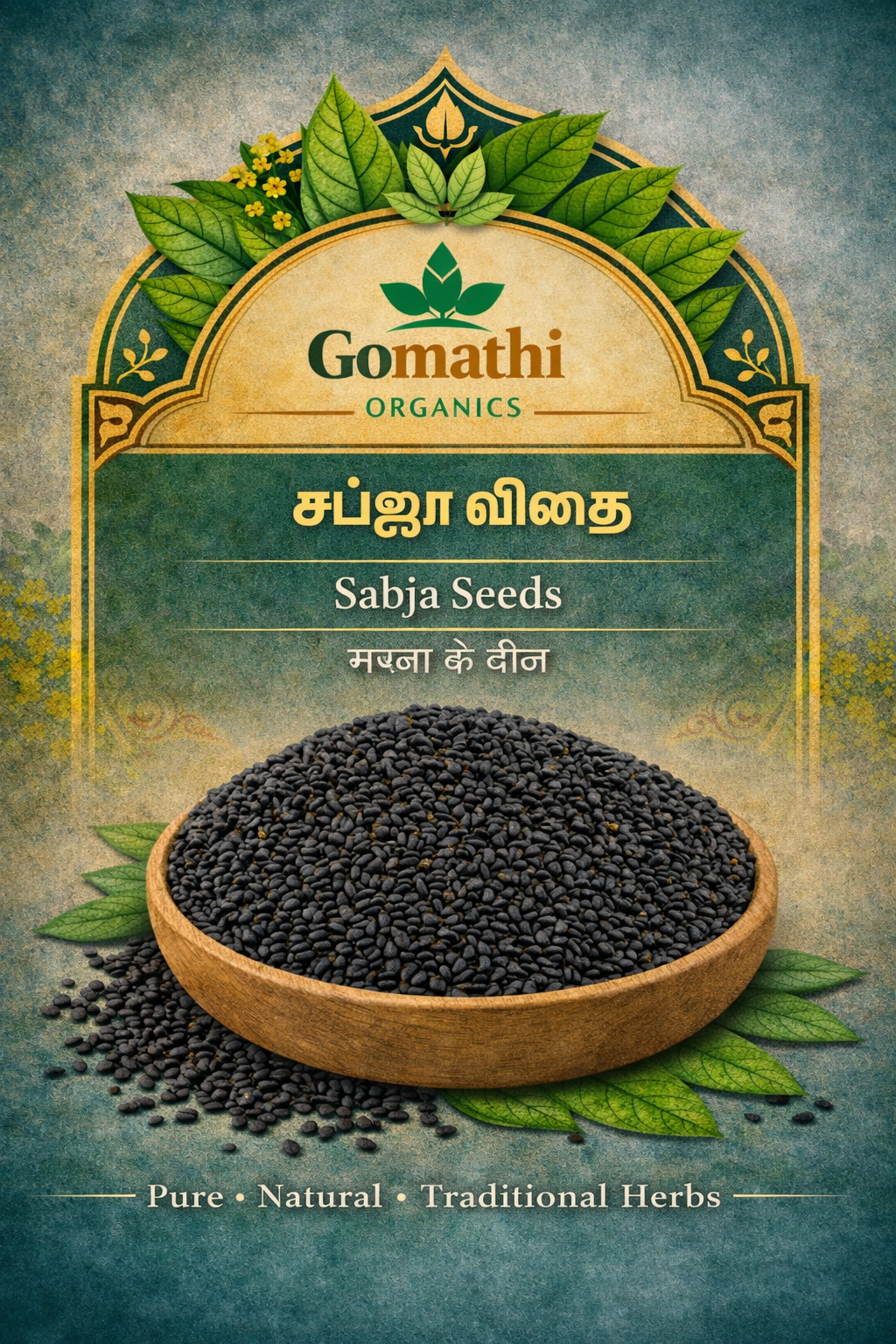
 SCIENTIFICALLY TESTED & COMPLETELY SAFE. SUITABLE FOR VEGETARIANS. NOT TESTED ON ANIMALS/NO ANIMAL INGREDIENTS. NO KNOWN SIDE EFFECTS. COMPLETELY SAFE. NON-TOXIC. FREE FROM HEAVY METALS
SCIENTIFICALLY TESTED & COMPLETELY SAFE. SUITABLE FOR VEGETARIANS. NOT TESTED ON ANIMALS/NO ANIMAL INGREDIENTS. NO KNOWN SIDE EFFECTS. COMPLETELY SAFE. NON-TOXIC. FREE FROM HEAVY METALS 

 The Food and Drug Administration has not evaluated these Statements. This product is classified as an “Herbal Food Supplement” and is not designed to diagnose, treat, cure, or prevent any disease. If you have any underlying health conditions, please consult a healthcare professional before using this product
The Food and Drug Administration has not evaluated these Statements. This product is classified as an “Herbal Food Supplement” and is not designed to diagnose, treat, cure, or prevent any disease. If you have any underlying health conditions, please consult a healthcare professional before using this product 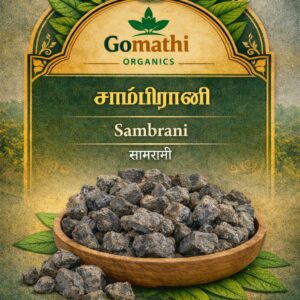
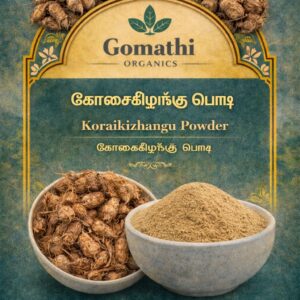
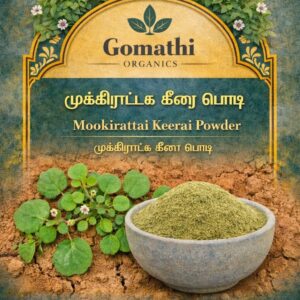
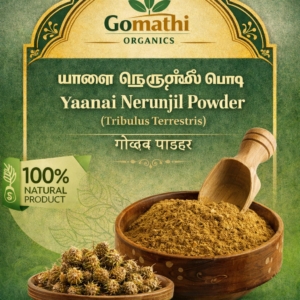
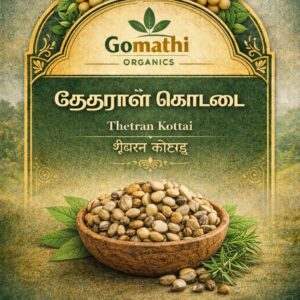
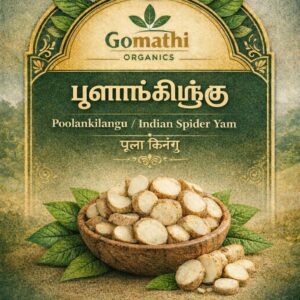
Reviews
There are no reviews yet.